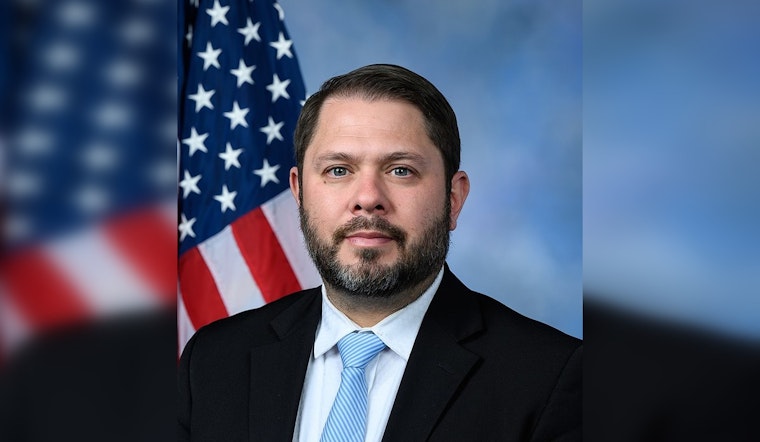
Arizona Rep. Ruben Gallego has laid out fresh legislation aimed at bolstering the wallets of Social Security recipients who've been feeling the squeeze. The Democrat's "Boosting Benefits and COLAs for Seniors Act" promises a significant recalibration of the cost of living adjustments (COLAs) to better align with the financial realities of Arizona's elderly population. As costs of living mount, the value of Social Security checks has not kept pace, leaving many seniors struggling to cover even basic needs.
Gallego's move comes as a response to the everyday financial battles that seniors face. In a statement obtained by his official website, he explained, "Rising costs mean Arizona seniors on Social Security see the real value of their benefits decrease." He further added, "My new bill puts more dollars in the pockets of Social Security recipients to pay their bills, get their medications, and pay for housing. It’s only right—Arizona’s seniors earned their Social Security benefits." Gallego's bill aims to adjust the COLA formula, which is traditionally based on the Consumer Price Index for Urban Wage Earners (CPI-W).
Supporters of the bill argue that the CPI-W fails to fully account for the inflation seniors face, particularly in health care costs. Roman Ulman, president of AFSCME Arizona Retirees Chapter 97, weighed in, telling Gallego's office, "A monthly Social Security check is how most seniors make ends meet, we need it to pay our bills and pay for health co-pays and medications." He emphasized the critical nature of an accurate COLA, saying, "It’s important that the COLA reflects how inflation impacts seniors so that we can pay our bills and our monthly Social Security checks stays strong."
The proposed legislation pushes for the adoption of the Consumer Price Index for the Americans aged 62 or older (CPI-E), as it better captures the specific costs seniors bear, especially in medical expenses. If enacted, the Social Security Administration (SSA) would switch to CPI-E when it results in a larger benefit uptick. According to the details shared, the bill would also mandate that the Bureau of Labor Statistics publish the CPI-E monthly. Gallego's track record with senior's issues includes introducing bipartisan legislation to limit the SSA's overpayment lookback period and advocating for greater transparency in overpayment waivers.
Amongst the chorus of support, notable endorsements have arrived from the American Federation of State, County and Municipal Employees; the Alliance for Retired Americans; and the AFL-CIO. In the Senate, a companion bill was introduced by Senator Bob Casey (D-PA). The collective effort suggests a bipartisan recognition of the financial dilemmas besetting the senior community, and a commitment to legislative redress that could amend the fiscal landscape for countless Arizona seniors and beyond.
To delve deeper into the specifics of the bill and its potential impact on Social Security recipients, interested readers can find the full text by following the link to Gallego's bill here.









